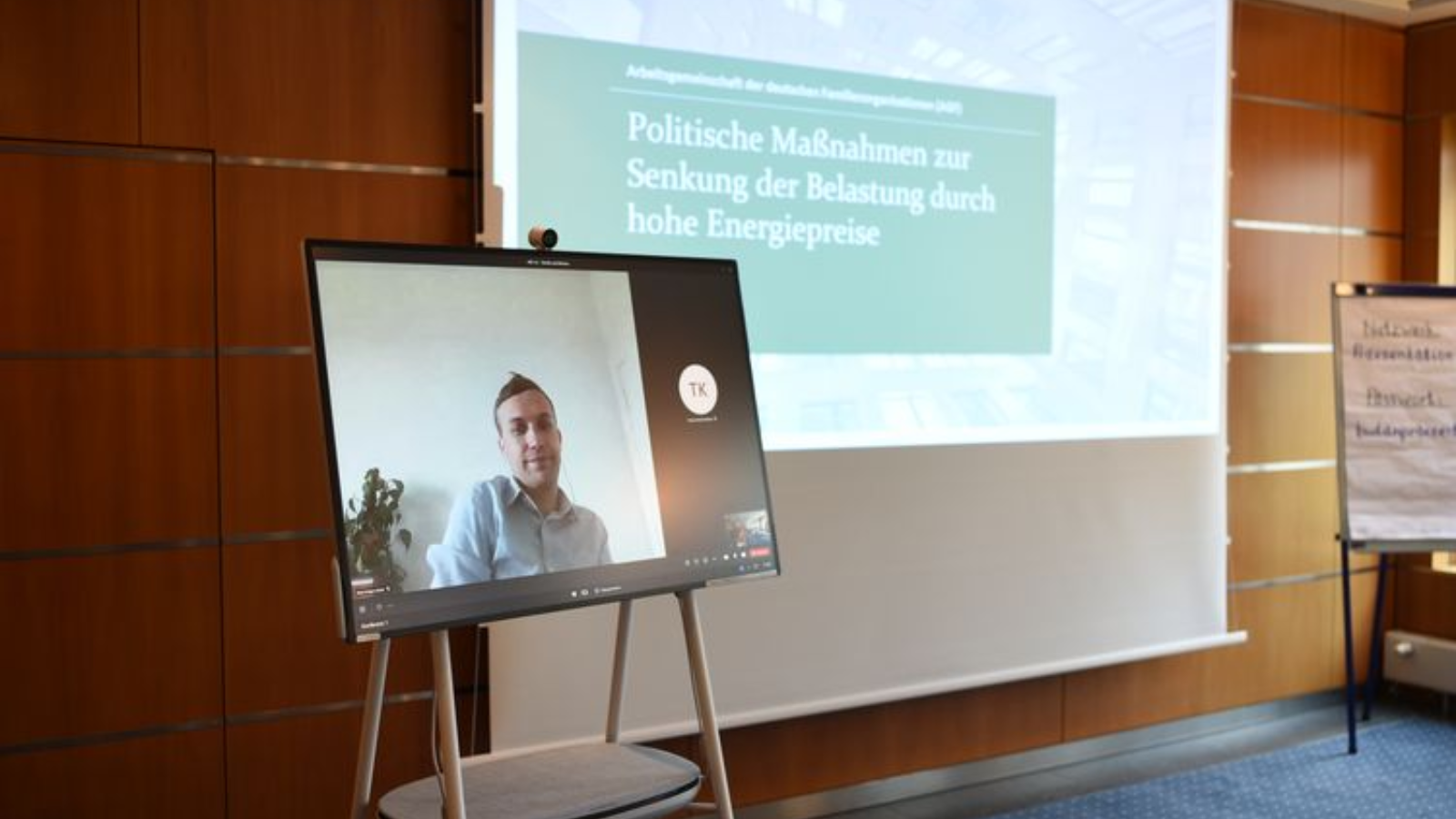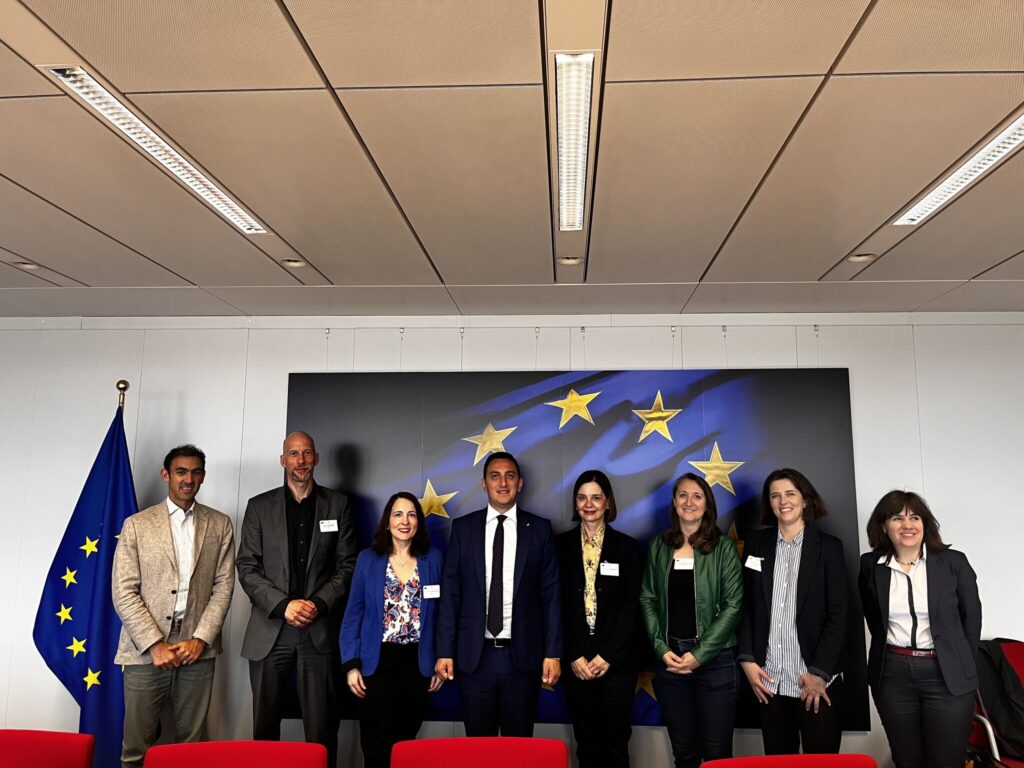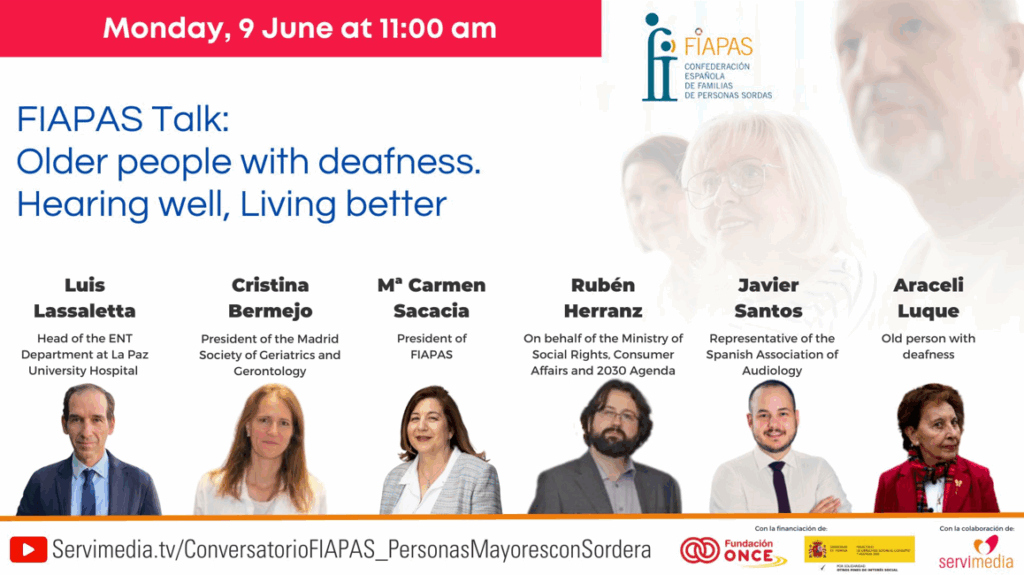On 15 May 2023, the international day of the family, the Association of German Familes (AGF) organised an event on the topic of “Family and Housing / Energy” in Berlin. In view of the burdens caused by rising housing and energy costs, the event took stock of the situation and discussed strategies and measures to improve the situation for the families.
In the discussions, it was emphasized that problems on the housing market are unlikely to be solved in the short term and that many measures must interact and screws must be adjusted in parallel. Medium and long-term strategies to eliminate the housing shortage must be flanked by measures to combat the acute symptoms of the housing market crisis for families. In principle, people who do not live in families/multi-generational groups are also negatively affected by the current housing market situation. However, compared to an individual life, family life and cycles are particularly characterised by the fact that constellations and thus also housing needs change continuously. In the conditions of strained housing markets, changes in housing needs of a family (for instance because of a change in the family structure like an additional child) bring particularly high burdens, as every change of residence is associated with high increases of the rent. For families, the growing mismatch of supply and demand in the housing market means that families with underage children are increasingly affected by overcrowded apartments.
Besides the factors of general housing supply problems and access problems for low-income households it was highlighted that there are access problems for households with special characteristics, such as negative stereotypes among owners toward families with many children, single parents and families perceived as having a migrant background. This also applies to pregnant women, people released from prison and indebted households.
Additionally, the burdens for families caused by high energy prices were shown, especially for low-income tenants. However, it was also pointed out that it was the owners as well, who could find themselves in economic difficulties.
Finally, the participants discussed housing policy measures that could reduce burdens on families in the housing market in the medium term. This included, for instance, strengthening social housing, strengthening the non-profit sector, an active land policy, strengthening a social allocation practice of the municipalities including the use of occupancy rights, just as an additional stimulation of further construction, especially for the affordable rental segment.
More information and the full program on https://ag-familie.de/en/15-05-2023-conference-on-family-and-housing/





